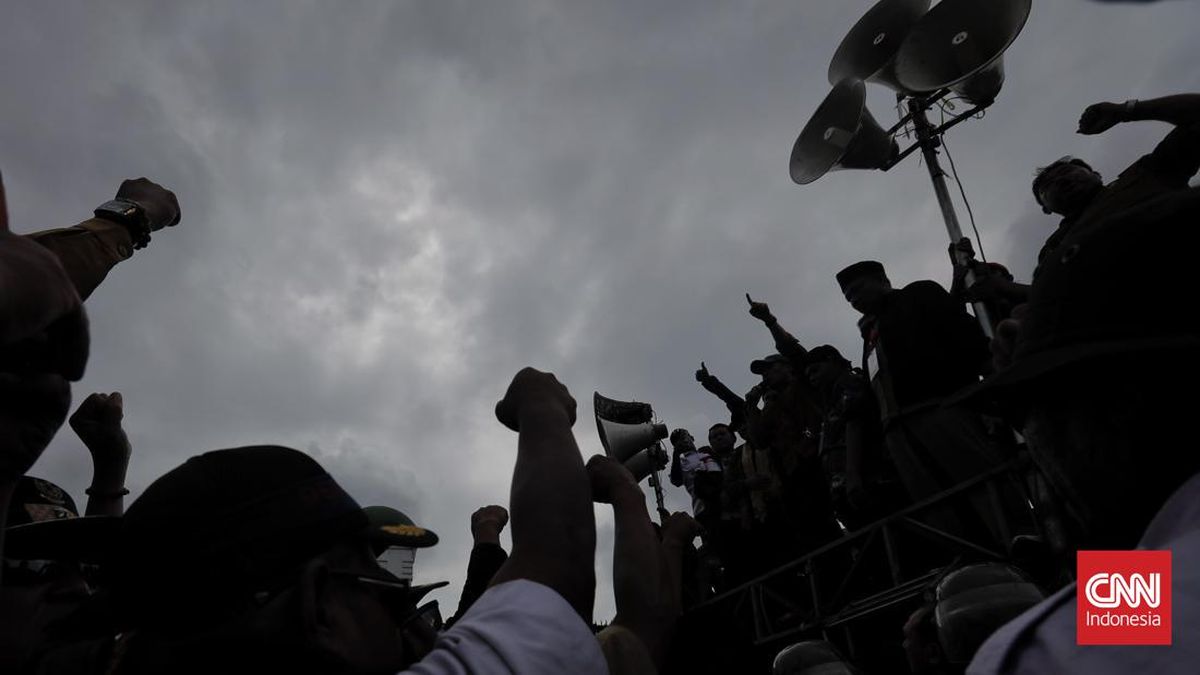The biometric data of millions of Australians trying to prove their age online could be harvested by tech giants under the guise of the teen social media ban, according to a privacy expert who quit the government’s advisory board last month over privacy fears.
Electronic Frontiers Australia chair John Pane said the age assurance technology trial report released Sunday exposed deep flaws in how social media platforms were preparing to comply with the ban, to be in place from 10 December, including collecting too much information and storing it in case it was needed by authorities.

There are fears if facial recognition is used to verify ages for social media sites, then everyone’s data could be put at risk. Its efficacy for different skins tones is also in question.Credit: Alamy
Australians will not be forced to provide government ID, such as passports or driver’s licenses, to prove how old they are, but the new laws do require the tech giants to find other means of determining the exact age of potential users, such as scanning faces or using contextual clues, including how long ago someone signed up to a platform.
Minister for Communication Anika Wells said on Tuesday that the government’s next step in tackling social media harms would be targeting AI deepfake apps to stop “nudification” at the source.
Pane said he joined the advisory board because it lacked privacy expertise, but felt he had to resign after his concerns about the potential compromises of Australians’ privacy were dismissed.
He noted that the trial had flagged the way some platforms harvested data as “a surveillance-level response to the entire user population”.
Platforms were creating systems to harvest full, reconstructable identities despite the privacy risk, which undermined data protections and created a persistent danger that highly sensitive material could be compromised, the report said.
Wells seized on the report as proof that companies had the technical capability to verify users’ ages in a way that was “private, efficient, and effective”. Pane said the trial had given the government “the perfect soundbite”, but Wells was too positive about the findings.
“There are so many concerns with the report and so many concerns with the policy ... and the way that [the government has] sold this really is misleading,” he said.
“When I actually asked the technology trial, what do you mean by private? What do you mean by effective? What do you mean by efficient? No one can give a good explanation.”
Wells’ office did not respond to repeated requests for comment.
The report pointed out that age estimation methods were imperfect, with 16-year-olds being falsely rejected 8.5 per cent of the time. The report also conceded skin tone was a “known source of bias in age estimations” because darker skin absorbed more light, lowering accuracy.
Biometric technology posed unique risks in the field of information security and privacy, Pane said. “For example, if you were to lose your bank card, which is PIN protected, you can change your bank card and change your PIN,” he said.
Pane, who has 30 years of experience working in data protection, said biometrics could not be replaced if the data was hacked – which was now a regular occurrence. “Your face is your face, your iris is your iris. So once they’ve been blown, that’s it.”
Loading
The Senate launched an inquiry last week to examine the privacy implications and effectiveness of the teen social media ban.
Greens digital rights spokesperson David Shoebridge said on Monday the trial report made the case against a ban because of the mass surveillance and biometric data collection it revealed, while opposition communications spokesperson Melissa McIntosh said social media platforms still did not know what “reasonable steps” they would need to take to implement the ban, which came into effect in 100 days.
Most Viewed in Politics
Loading


















































